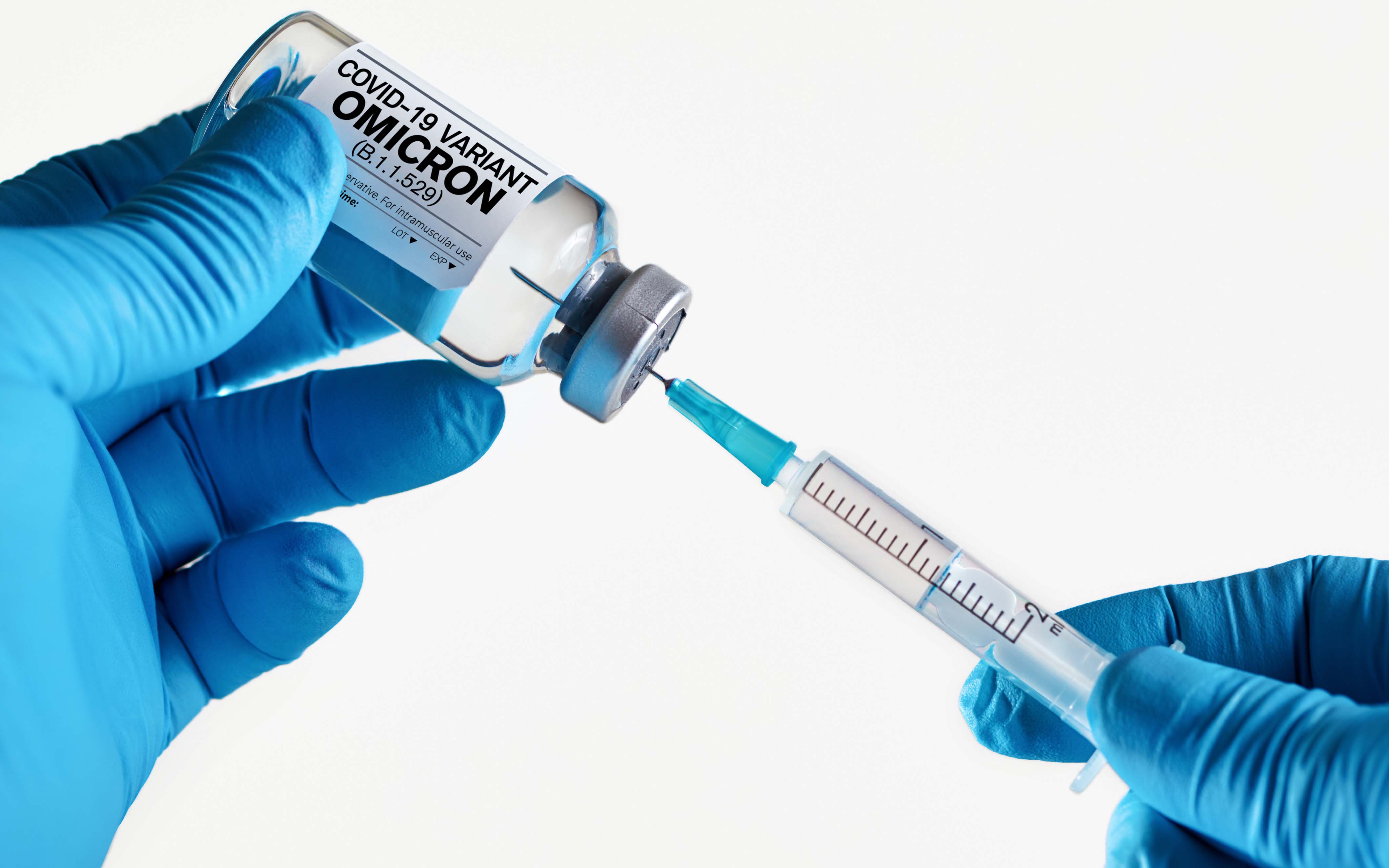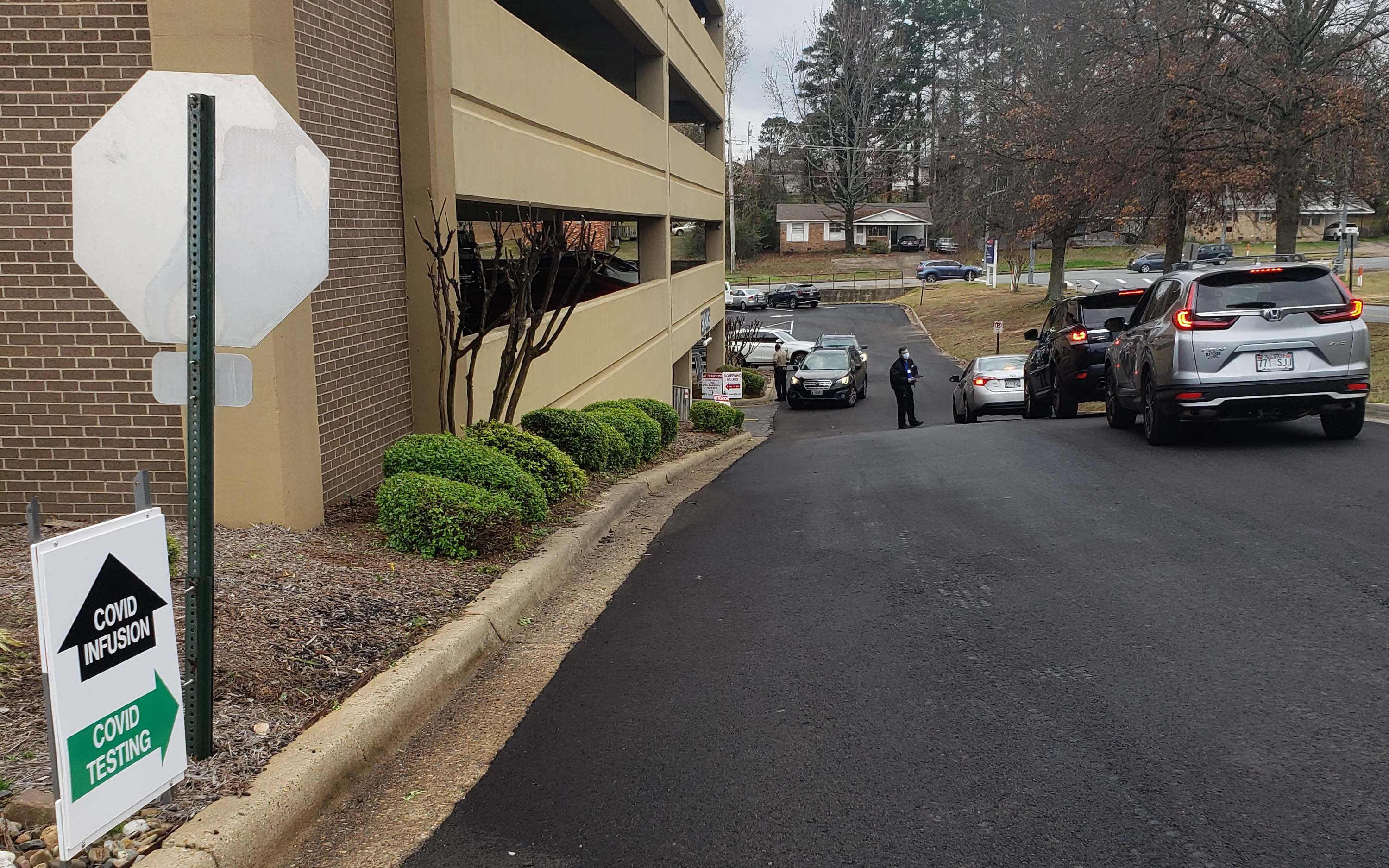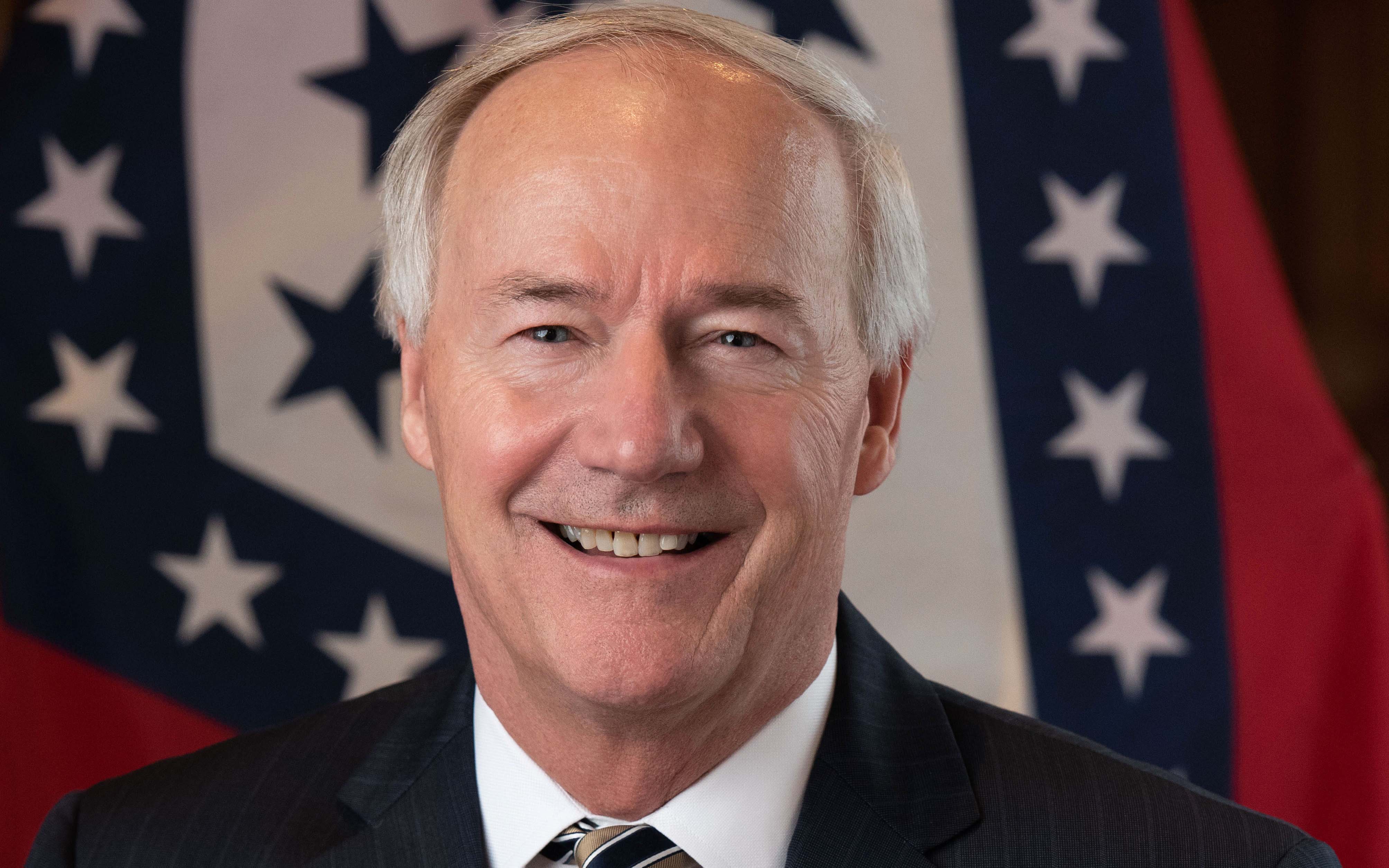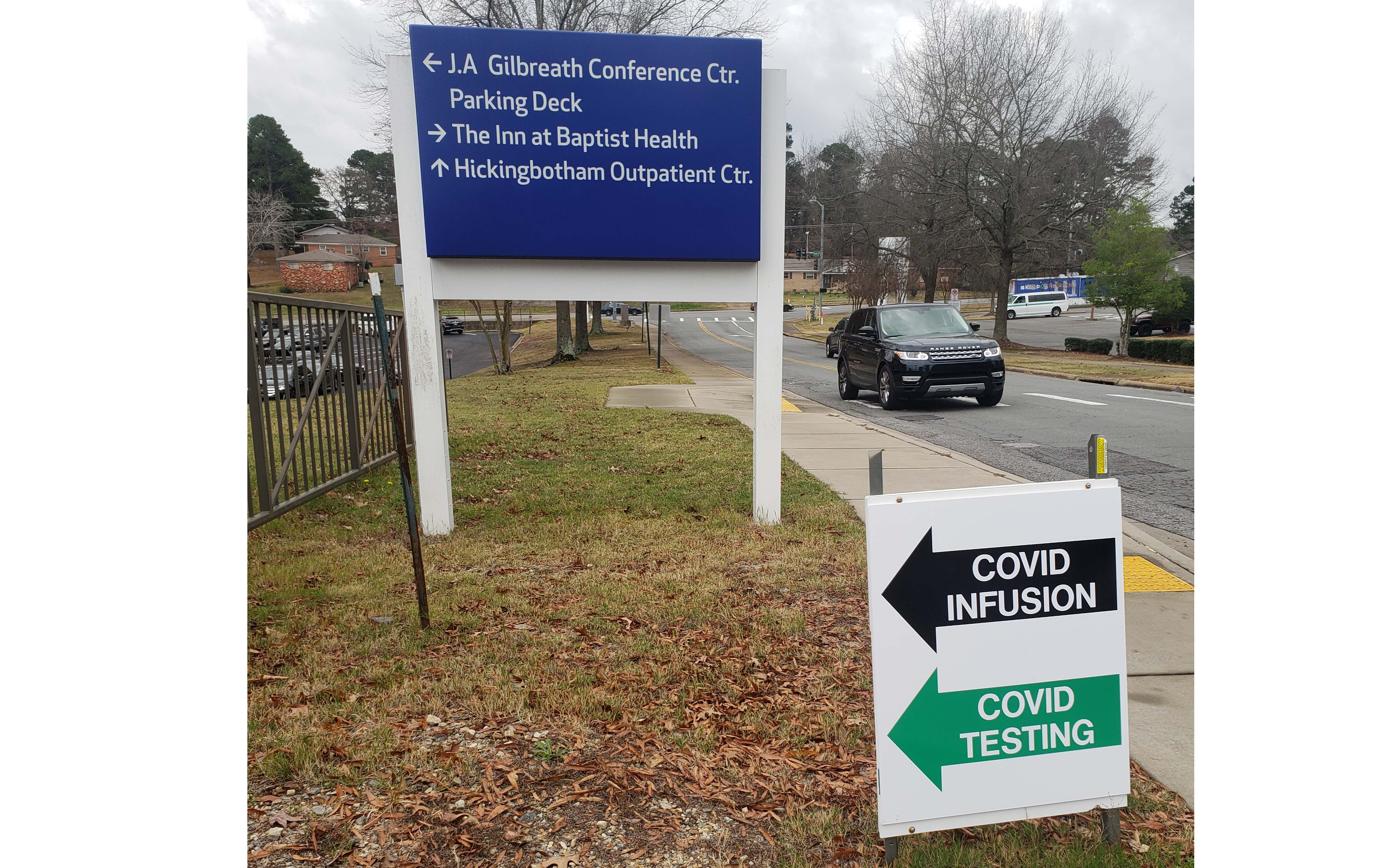Arkansas employers anxious as Biden administration’s vaccine mandates go into effect this week
January 3-9, 2022
By Wesley Brown
As cases of the Omicron variant of COVID-19 increase in Arkansas and rages across the nation, the Biden administration is moving forward with implementing two vaccine mandates on Tuesday (Jan. 4) that will impact over 105 million workers nationwide.
On Nov. 4, President Joe Biden first moved to enforce a nationwide vaccine mandate when the U.S. Department of Labor and the Centers for Medicare and Medicaid (CMS) made separate announcements requiring COVID-19 for workers in both the public and private sector.
The CMS mandate requires almost every employee, trainee, student, volunteer, and third-party contractor at Medicare- and Medicaid-certified providers to be vaccinated against COVID-19 and to have the first dose no later than Dec. 6. On Nov. 29, U.S. District Court Judge Matthew Schelp for the Eastern District of Missouri issued a preliminary injunction against CMS to halt the Biden mandate in Arkansas and nine other states.
This mandate affected hospitals in Arkansas as well as numerous other healthcare facilities including state entities such as the University of Arkansas for Medical Sciences (UAMS), the Arkansas State Hospital, the Arkansas Health Center and the Human Development Centers which are run by the Department of Human Services.
Gov. Asa Hutchinson said this mandate would have had a detrimental impact on those entities and those being cared for within those entities by leading to an increased staffing shortage and increasing an already high attrition rate. In a statement, Hutchinson praised the ruling from the U.S. District Court in Springfield, Mo., noting the irreparable harm the mandate would cause especially in rural areas which are having staffing shortages.
“This mandate would impact the physical health and wellbeing of the citizens of the states who were parties to the litigation. Arkansas is one of those states,” stated Hutchinson. “Vaccine mandates are not the appropriate method to increase our vaccination rates, and the decision … shows that Arkansas is not alone in this position.”
However, the New Orleans-based 5th U.S. Circuit Court of Appeals kept a preliminary injunction against CMS in place for 14 states that had collectively sued in federal court in Louisiana. Nationwide, CMS has projected that more than 17 million workers in about 76,000 health care facilities as well as home health care providers will be impacted by the Biden administration mandate.
At the Labor Department, OSHA also first announced on Nov. 4 that private companies with 100 or more employees must require employees be vaccinated against COVID-19 at the beginning of the New Year. Under the Labor Department’s Occupational Safety and Health Administration’s (OSHA) vaccination and emergency testing standard (ETS), covered employers must develop, implement and enforce a mandatory COVID-19 vaccination policy, unless they adopt a policy requiring employees to choose to either be vaccinated or undergo regular COVID-19 testing and wear a face covering at work.
To account for any uncertainty created by the stay, OSHA is exercising enforcement discretion with respect to the compliance dates of the emergency rule. To provide employers with sufficient time to come into compliance, OSHA will not issue citations for noncompliance with any requirements of the ETS before Jan. 10 and will not issue citations for noncompliance with the standard’s testing requirements before Feb. 9.
“(So) long as an employer is exercising reasonable, good faith efforts to come into compliance with the standard,” Labor Secretary Mary Welsh said in a statement a week before Christmas. “OSHA will work closely with the regulated community to provide compliance assistance.”
Federal courts volley vaccine mandates
After multiple challenges to the OSHA rule were filed in all 12 federal circuit courts across the U.S., the 5th U.S. Circuit Court of Appeals in New Orleans permanently blocked the OSHA vaccination and testing emergency temporary standard (ETS) from going into effect. Under federal law, when multiple petitions for review of a single agency action are filed in at least two courts of appeals within 10 days, the petitions are consolidated and heard by one court chosen at random.
On Tuesday (Nov. 16), the U.S. Department of Justice held a lottery to determine which federal appeals court would take up the case. The 6th Circuit Court of Appeals in Cincinnati, led by Chief U.S. Judge Jeffrey Sutton, was randomly selected to take up the Biden administration’s temporary order.
Nearly two weeks ago, 6th Circuit Court in Ohio dissolved the 5th Circuit’s stay of the OSHA standing, opening the door for the Biden administration to implement the workplace health standard once again, which Welsh said will protect the health of workers by mitigating the spread of the unprecedented virus in the workplace.
Following the ruling by the federal appeals court on Dec. 17, Arkansas Attorney General Leslie Rutledge immediately released a statement decrying the order as she has for the past two months.
“The Sixth Circuit’s decision is extremely disappointing for Arkansans because it will force them to get the shot or lose their jobs,” said Rutledge. “That’s why I am asking the U.S. States Supreme Court to immediately block President Biden’s order.”
On the other hand, Little Rock law firm Friday, Eldredge & Clark on Dec. 20 issued communications from the firm’s Labor and Employment practice that urged employers to re-examine their OSHA vaccine or mask and test policy immediately to ensure compliance by the Jan. 10 deadline.
In the company’s monthly newsletter, Friday attorney Daniel Herrington also wrote that Arkansas employer’s need to keep an eye on Act 1115 of 2021, a bill passed by the Arkansas legislature during a special session in October that will require employers with vaccine mandates to provide exemptions for employees who agree to be tested weekly or provide proof that they’ve had covid-19 in the past.
“Barring litigation stopping the law, Act 1115 will require employers who require vaccines to allow employees to opt out for any reason,” wrote Herrington.” And if there is a testing requirement, it allows the employee a broader range of options than the ETS would, including proof of antibodies due to previously having COVID. Generally, valid federal regulations will preempt conflicting state law, but the validity of the ETS remains in flux.”
Act 1115, which was easily approved by the GOP supermajority and signed into law by Gov. Asa Hutchinson on Oct. 7, will go into effect on Jan. 13. Since those state restrictions have come into place, UAMS and other health care providers across the state have been forced to withdraw their requirements that forced their workers to be vaccinated.
Considering the myriad of competing laws hung in dozens of state and federal courts across the nation, the U.S. Supreme Court on Dec. 22 agreed to take up Biden administration’s vaccine mandates for large employers and healthcare workers. The conservative leading, nine-member high court said it will take up oral arguments on Jan. 7 with rulings likely to follow in short order.
Still, the U.S. Department of Defense and most other federal agencies are moving forward with complying with the Biden administration’s vaccine requirements. Defense Department officials on Dec. 21 made clear that no matter the status, all military personnel must get vaccinated. That includes National Guardsmen in all 50 states, including Arkansas.
To date, Secretary of Defense Lloyd J. Austin III has mandated that all service members receive COVID-19 shots. Roughly 98% of the active-duty force has received the COVID-19 vaccine, Pentagon officials said, including all reserve component members and state National Guard members.
“It is a lawful order,” Pentagon spokesman John Kirby said on Dec. 21. “It is a valid military requirement to get the vaccine. And it does apply, as we’ve said before, to members of the National Guard.”
Unless there is an approved exemption, National Guardsmen who refuse to get the shots face repercussions and consequences. This includes loss of pay or the loss of the ability to train. Those who persist in failing to obey a lawful order face discharge. Air National Guard personnel have until the end of the year to get the vaccinations. Army Guardsmen have until June 2022.
For service members, the situation is clear — get the shots or face the consequences, Kirby reiterated.
“It’s our expectation that the chain of command for every Guardsman — just like the chain of command for every active-duty member of the armed forces — … will manage the mandatory vaccine requirement appropriately,” Kirby said. “If they don’t, then they, too, can be held to account under the for failure to obey a lawful order.”
Omicron surge
Citing the rise of the omicron variant, Kirby said COVID-19 continues to ravage the U.S. He said those without vaccinations are at greatest risk, while the omicron virus seems to be more contagious than previous versions as hospitals across the U.S. are filling up again.
Closer to home, the first case of the Omicron variant was confirmed in Arkansas on the same day as the 6th Circuit Court decision. Today, the U.S. Centers for Disease and Control reports that the Omicron variant is 73% of new COVID-19 cases across the country. In the region that includes Arkansas, Texas, Oklahoma, Louisiana, and New Mexico Omicron variant is 92% of new COVID-19 cases.
“I spoke with the CDC and the White House as to the accuracy of this report,” Gov. Hutchinson said in a press statement on Dec. 21. “The 92% is for the region and not particularly directed to Arkansas. It is a projection of the region based on the latest surveillance of data, regardless, if the current estimate is precise it is clear that Omicron is in our state, it is spreading rapidly, and it will define our prevention efforts for the coming months.”
Hutchinson said that this projection gives the state an opportunity to act before Omicron peaks in Arkansas. He noted that vaccines are effective against this variant and prevent serious cases. In Arkansas, 62% of residents have received one dose and 51% have been fully vaccinated. Hutchinson said only 14% of Arkansans have received the booster dose and encouraged residents to do so.
As of Dec. 27, there 63 confirmed cases of omicron in the state, according to the state Health Department. Since the COVID-19 pandemic began in March 2020, 551,394 have been treated for the virus, including 10,890 active cases and 9,081 total deaths. There are also 519 patients currently hospitalized for COVID-19, including 107 on ventilators. Overall, 1,536,411 people or 50% of Arkansas’s population has been fully vaccinated.
SIDEBAR:
Heartland Forward: COVID-19 vaccines save the U.S. economy $438 billion
By The Daily Record staff
A new report by Arkansas newest think tank backed by the Walton Foundation estimates that U.S. economy has rebounded more quickly from the nearly two-year old pandemic due to nearly a half-trillion-dollar economic boost from the development of the COVID-19 vaccines.
On Dec. 20, Bentonville-based Heartland Forward released a new research report, called “Economic Savings in America: A Story of Public-Private Partnership in Rapid COVID-19 Vaccine Development and Deployment,” estimating that the U.S. economy recovered more quickly in the amount of $438 billion in terms of 2021 real GDP, or 2.3% of real gross domestic product (GDP) than it would have without a vaccine.
This enormous economic benefit was due to the unprecedented speed and efficiency of creating the COVID-19 vaccines and made possible through historic public-private partnerships between the federal government, academia and biopharmaceutical companies, the report stated.
“After the health, economic and emotional devastation of the COVID-19 pandemic, our research helps shed light on a silver lining from the pandemic: the unprecedented speed and efficacy of the COVID-19 vaccines. Because of this, we estimate $438 billion in economic savings to the U.S. economy in 2021,” said Anusuya Chatterjee, director of health research at Heartland Forward. “While there is much uncertainty surrounding Omicron and future variants, with the proper tools and facilitation of this vaccine, we will continue to experience economic benefits. The U.S. should take lessons from the incredible public-private partnerships and deploy these strategies to address future crises.”
This report details the way that these vaccines and their ensuing economic benefit were made possible by America’s unique public-private partnership between government institutions like the NIH, academic institutions and biopharmaceutical companies. Thinking to the future, the report points to the delicate balancing act our policymakers have wrangling with lowering drug costs for consumers while maintaining incentives for investment in medical innovation.
In most instances, U.S. biopharmaceutical companies take tremendous financial risks to innovate and bring vaccines and therapies to the marketplace. According to a paper published in 2016 in the Journal of Health Economics on the innovation in the pharmaceutical industry, the research and development (R&D) costs of bringing a new product through the U. S. Food and Drug Administration (FDA) review process to market often takes more than 10 years and averages $2.6 billion.
In addition, less than 12% of the candidate medicines that make it into Phase 1 clinical trials are approved by the FDA. To encourage and enable continued innovations by pharmaceutical companies, the federal government often steps up to support private companies. Government involvement usually takes place in the form of early-stage federal investments, namely through the National Institutes of Health (NIH) and federally funded university research.
In the case of the COVID-19 vaccine development, NIH scientists, in partnership with academia and private companies, created a prototype coronavirus to study the spike protein, by building on the decades of U.S. government tax dollars spent on basic research facilities at NIH for HIV and other viruses.
The public-private partnerships, a foundation of vaccine and drug therapy development in the U.S., was critical to the rapid development and deployment of the COVID-19 vaccine, the Heartland report stated. Policy changes that reduce incentives might prevent us from combatting the next pandemic and challenge our economy from getting back on track at the speed we have been able to thus far.
Earlier in July, the Walton Foundation-backed research group published another report on behalf of Gov. Asa Hutchinson that offers guidance to Arkansas policymakers seeking to bolster the state’s economic rebound and growth as it recovers from the COVID-19 pandemic.
In that 77-page report, called the “Arkansas Economic Recovery Strategy,” the Bentonville-based Heartland Forward analyzed comprehensive data across six key economic areas commissioned by the Arkansas Economic Recovery Task Force. This high-level, public-private advisory panel was created by a Gov. Hutchinson executive order at beginning of the pandemic in April 2020 to examine the impact of COVID-19 on industry in Arkansas.
Launched in October 2019 as a first-of-its-kind “think and do” tank spearheaded by members of the Walton family; Heartland Forward was founded to focus on advancing economic performance in the center of the U.S.
PHOTO CAPTIONS:
1. Biden administration vaccine mandates set to go into effect - U.S. Supreme Court set to take up challenges against COVID-19 vaccine mandates this week (Jan. 7). OSHA penalties to go into effect on Jan. 10.
2. Baptist Health Center in Little Rock is now offering drive-up COVID-19 testing as the number of confirmed cases of the Omicron variant in Arkansas continue to rise in the new year.
3. A new report by Bentonville-based Heartland Forward said the public-private development of the COVID-19 vaccine saved the U.S. economy more than $438 billion in terms of 2021 real Gross Domestic Product growth.






